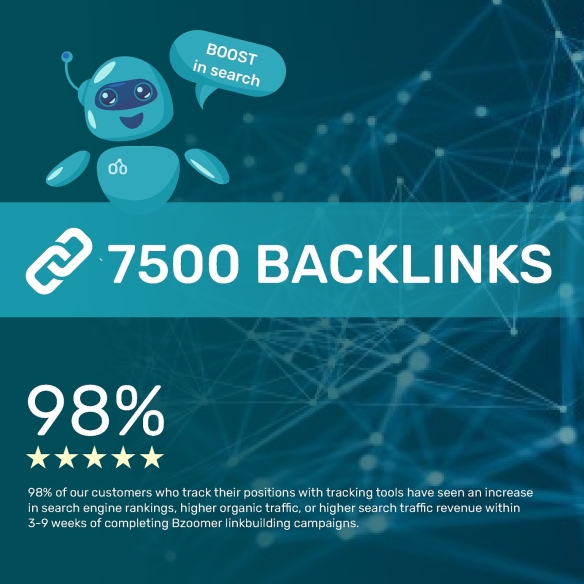Business consulting has become a cornerstone of the corporate world, with an ever-expanding array of services offered to companies seeking to improve their performance, solve complex problems, or navigate the tumultuous waters of the market. At its core, business consulting is the practice of providing professional, expert advice to organizations in a variety of areas, including management, operations, IT, human resources, marketing, and finance.
Consultants act as external analysts, bringing a fresh perspective to a company's strategies and challenges. They possess specialized expertise that internal teams might lack, which allows them to dissect business problems and craft solutions that align with the company's goals and resources. These solutions may be strategic, focusing on long-term growth and market positioning, or operational, aimed at improving day-to-day processes for efficiency and effectiveness.
One of the key benefits of business consulting is its role in facilitating change management. Organizations often struggle with the implementation of new technologies, restructuring, or adapting to market shifts. Consultants can help manage these transitions smoothly by applying their knowledge of industry best practices and organizational psychology.
Moreover, business consulting can drive innovation. Consultants often work across a range of industries and carry with them a wealth of ideas and methods that can be adapted and applied to different business scenarios. This cross-pollination of ideas can lead to novel solutions and the kind of out-of-the-box thinking that gives a company a competitive edge.
However, the consulting industry is not without its challenges. The sector is highly competitive, with firms vying to offer the most effective advice, often within tight timeframes. Moreover, the reliance on consultants can sometimes lead to dependency, with companies struggling to retain internal expertise. There's also the ever-present risk of mismatched expectations where the consultant's vision doesn't align with the company's culture or capabilities.
The future of business consulting is likely to be shaped by technological advancements, especially in areas like artificial intelligence, data analytics, and machine learning. These technologies can provide deeper insights into market trends, customer behavior, and internal processes, enabling consultants to offer more data-driven and predictive advice.
In conclusion, business consulting serves as a vital tool for companies looking to stay ahead in a fast-paced and complex business environment. While it presents certain risks and requires careful selection and management of consultants, the potential rewards in terms of improved efficiency, profitability, and strategic positioning make it an indispensable part of modern business strategy.


